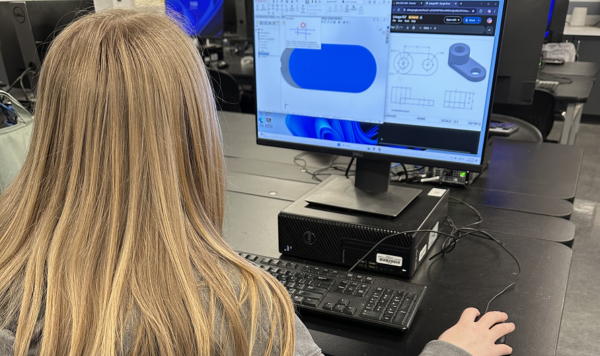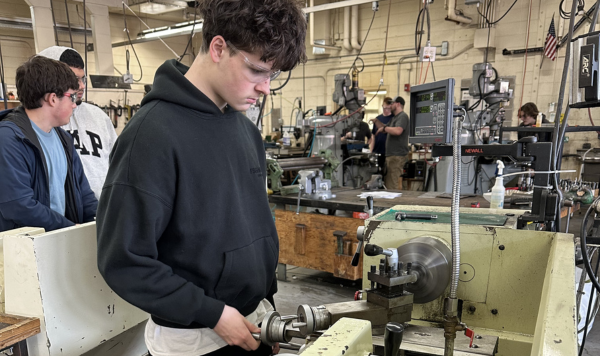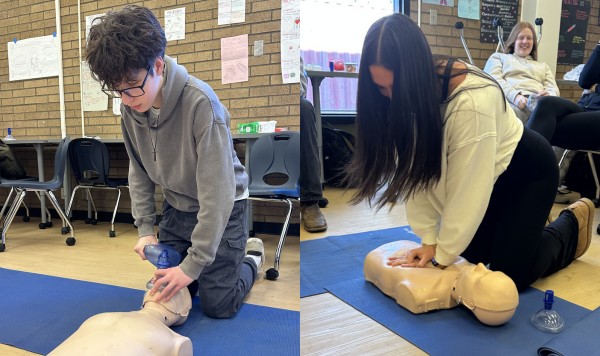Thank you CSD School Counselors!
National School Counseling Week, sponsored by the American School Counselor Association (ASCA), will be celebrated from Feb. 4–8, 2019, to focus public attention on the unique contribution of professional school counselors. “This week, we want to recognize our school counselors who, at every level, work to support students and their academics,” shared Superintendent Ryan Noss. “School counselors provide a unique perspective to the whole child,” said Noss.
Corvallis School District school counselors are a stabilizing force in each school community. There are currently 25 counselors that provide student support throughout the district, building relationships of trust and helping students navigate the process of change. This year, the Corvallis School District is in the process of implementing a new elementary school bullying prevention curriculum and the high school counselors are working in their schools to implement Sources of Strength, a mental wellness program for youth suicide prevention.
At the elementary level, school counselors help students get ready to learn. If behavioral patterns prevent a student from accessing curriculum, counselors might work one on one with the student or work with other teaching and school staff to determine what supports are needed.
Counselors at the secondary level play a similar role with an even greater emphasis on helping students navigate the next steps as they look to their future. “Every interaction with a student carries the potential for a deep conversation,” notes CV counselor Robbie Cox. “It might start as a discussion about switching math class and then other issues come up that might be related to a challenging family dynamic or another personal issue. We’re here to listen and help.”
School counselors develop caring relationships with students and can help connect students and their families to resources. Common issues in our schools include students and families seeking support to address school-based anxiety, family transitions including separation/divorce, bullying or conflict with other students, and behavior patterns that are problematic. Secondary school counselors also work with students who lack engagement in school and those who need guidance for post-secondary planning.
Parents or community members with specific questions or concerns about school counseling programs should contact the school counselors at their local schools.


